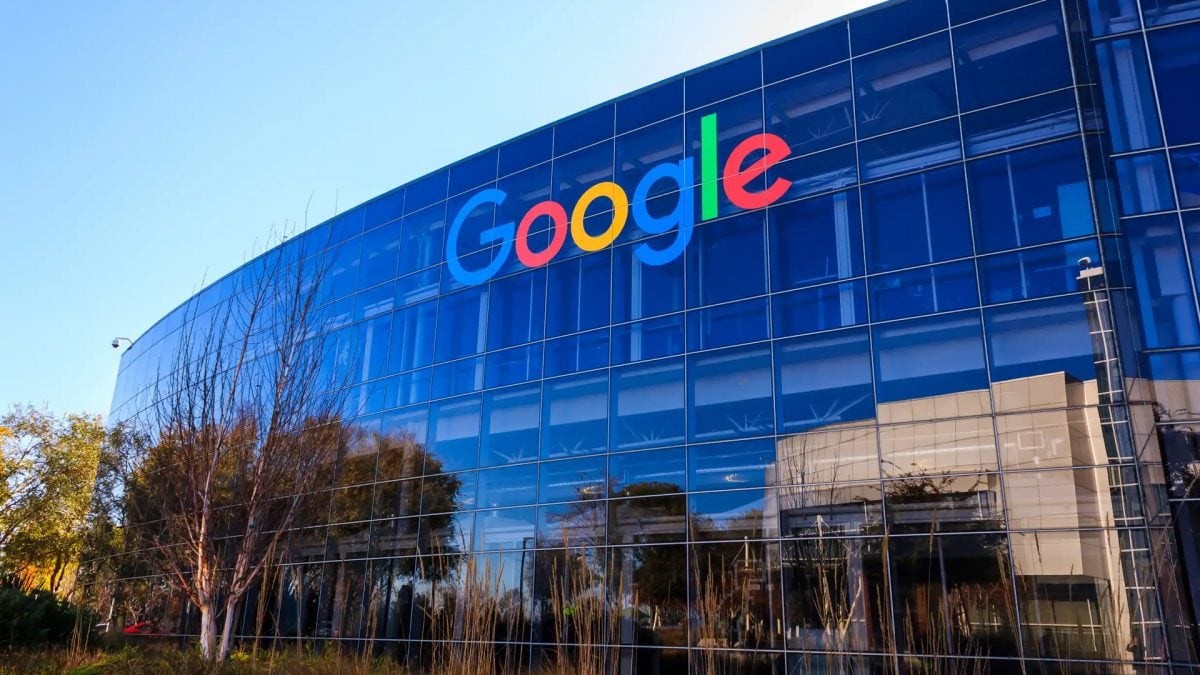
In a groundbreaking move, tech giant Google has announced plans to power its artificial intelligence (AI) data centres using small nuclear reactors. This decision marks a significant shift in the company's energy strategy, addressing the growing power demands of AI technology while aiming to maintain its commitment to clean energy.
A New Partnership for Clean Energy
Google has partnered with Kairos Power, a California-based nuclear technology company, to bring small modular reactors (SMRs) online by 2030. The agreement includes plans for additional reactor deployments through 2035, though specific financial details and plant locations remain undisclosed.
Michael Terrell, Google's senior director for energy and climate, emphasized the need for new electricity sources to support AI technologies. He stated, "This agreement helps accelerate a new technology to meet energy needs cleanly and reliably, and unlock the full potential of AI for everyone."
The Technology Behind the Deal
Kairos Power specializes in developing smaller reactors that use molten fluoride salt as a coolant instead of water. This design is considered safer than conventional reactors as the coolant does not boil. However, it's worth noting that this technology is still in its early stages and requires regulatory approval.
Meeting the Growing Energy Demands of AI
The decision to turn to nuclear power comes as no surprise given the escalating energy requirements of AI data centres. Industry experts predict that global energy consumption by data centres could more than double by the end of the decade.
John Moore, an industry editor, explained that AI data centres require substantial amounts of electricity not only to power them but also to keep the specialized hardware cool. The energy-intensive nature of AI technology has prompted tech companies to seek reliable and clean power sources.
A Trend in the Tech Industry
Google is not alone in its pursuit of nuclear energy for AI operations. Other tech giants like Microsoft and Amazon have also made moves towards nuclear power. Microsoft recently reached a deal to restart operations at the Three Mile Island energy plant, while Amazon announced plans to buy a nuclear-powered data centre in Pennsylvania.
Balancing Progress and Responsibility
While this move towards nuclear energy aligns with Google's goal of carbon-neutral operations, it's not without controversy. Critics argue that nuclear power, despite being virtually carbon-free, still poses risks and produces long-lasting radioactive waste.
However, proponents see nuclear energy as a critical component in supporting clean growth and the advancement of AI technologies. The US, along with other countries, has expressed interest in tripling nuclear energy capacity by 2050 as part of efforts to move away from fossil fuels.
As AI continues to evolve and demand more power, the tech industry's energy choices will play a crucial role in shaping the future of both technology and environmental sustainability. Google's decision to embrace nuclear power for its AI data centres represents a bold step in this ongoing balancing act between innovation and environmental responsibility.